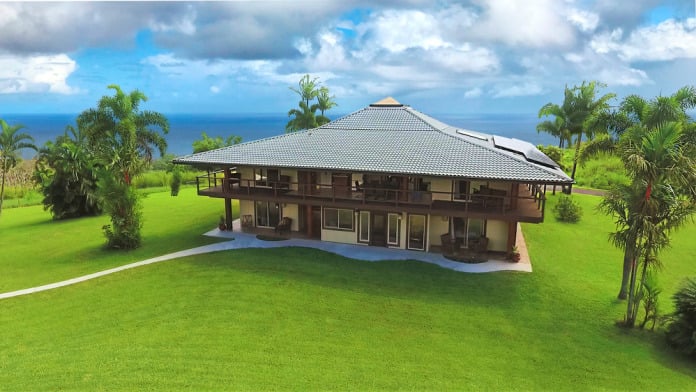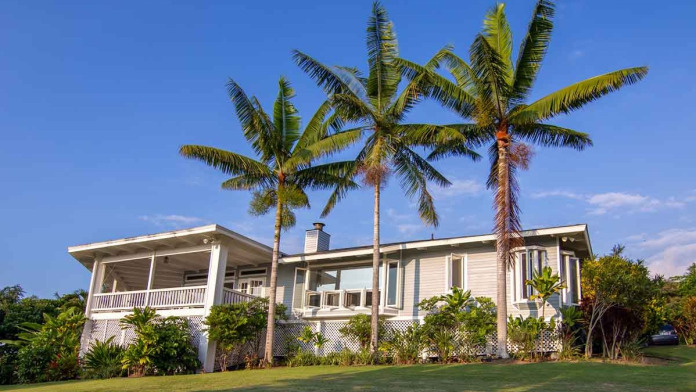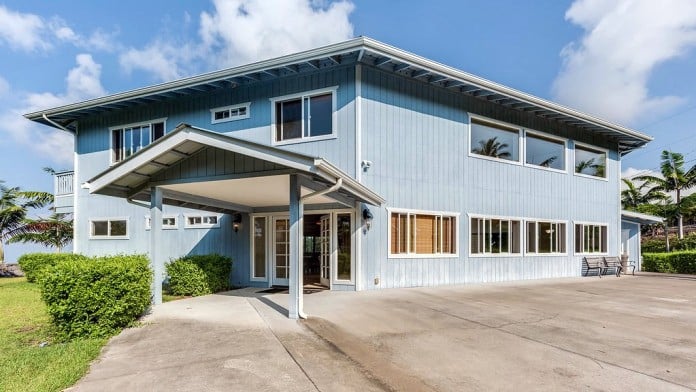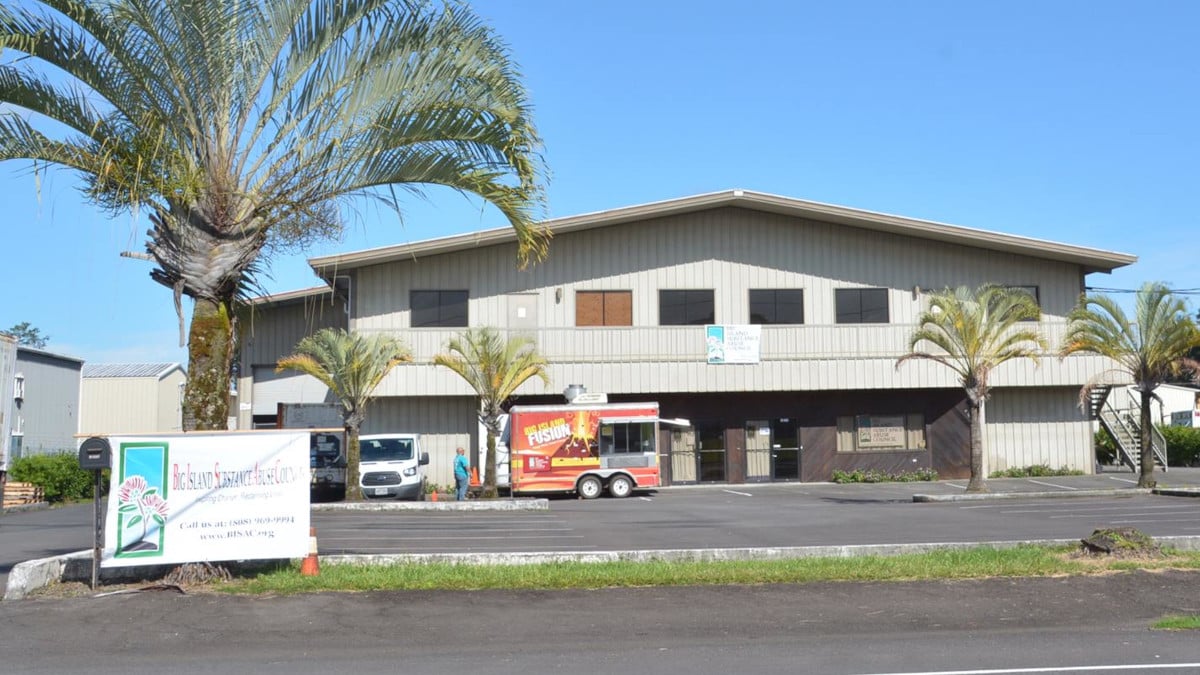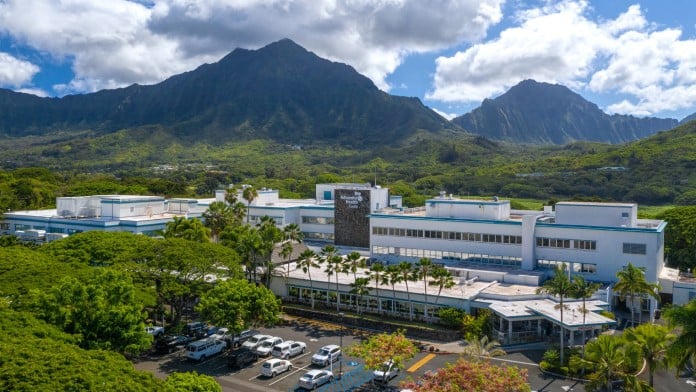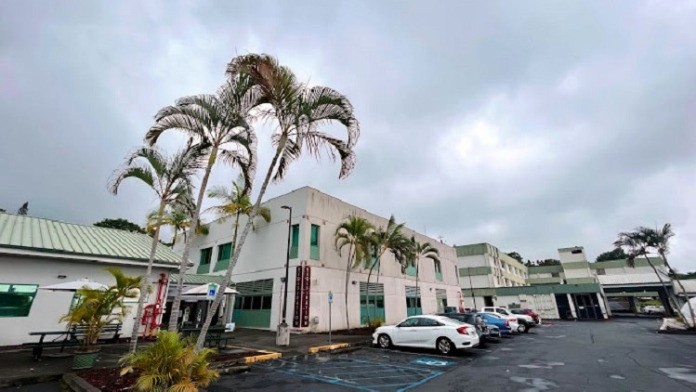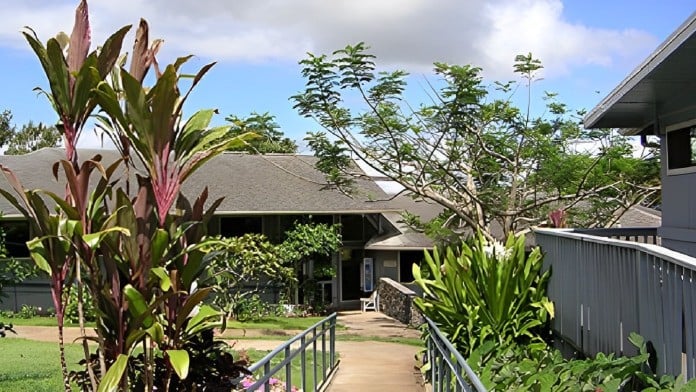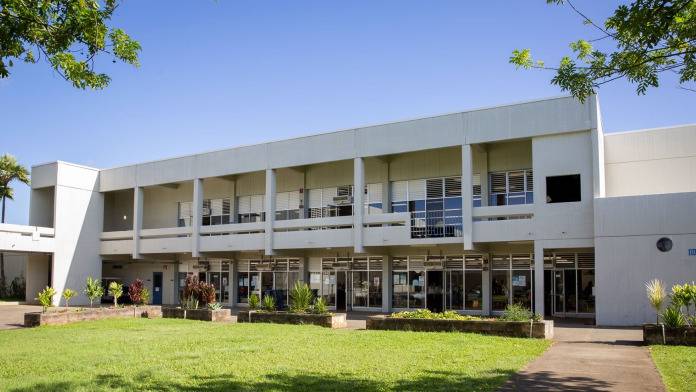About Big Island Substance Abuse Council
Big Island Substance Abuse Council sets itself apart from the competition by providing a wide range of programs in the beautiful backdrop of Kea’au, Hawaii. They help adults who are on a recovery journey from drugs, alcohol and mental health disorders.
They provide a therapeutic living program that is staffed 24 hours a day and offers a structured place to recover with case management, counseling, and personal care. They also provide specialized homes for pregnant women and mothers with dependent children.
Day by Day Solutions for Addiction Recovery
Their day treatment program is their most intensive non-residential option, but it still has some intensive services. But this level of care is mainly used as a stepping stone from a higher level of care. They also have an intensive outpatient program that is slightly milder in intensity than their day program. Finally, they have a standard outpatient program that includes evaluations, case management, and recovery services while still allowing you to return home after receiving treatment.
Some of their support programs include smoking cessation, which provides counseling, quit planning, and nicotine replacement therapy. Ola Kino promotes your health through exercise, nutrition guidance, and behavioral change. They also offer Po’okela vocational training to help you develop the skills you need to be ready for the job you want. Finally, Mahi’ai Ola is therapeutic horticulture that helps reconnect clients with nature and responsibility.
Withdraw from Your Past into a Bright Future
This clinic offers non-medical detox services which can last up to 7 days and can help you safely detox from intense drugs or heavy alcohol addictions.
Rehab Score
Location
Other Forms of Payment
Financial aid can take many forms. Centers may have grants or scholarships available to clients who meet eligibility requirements. Programs that receive SAMHSA grants may have financial aid available for those who need treatment as well. Grants and scholarships can help you pai for treatment without having to repay.
Addiction Treatments
Levels of Care
Outpatient Programs (OP) are for those seeking mental rehab or drug rehab, but who also stay at home every night. The main difference between outpatient treatment (OP) and intensive outpatient treatment (IOP) lies in the amount of hours the patient spends at the facility. Most of the time an outpatient program is designed for someone who has completed an inpatient stay and is looking to continue their growth in recovery. Outpatient is not meant to be the starting point, it is commonly referred to as aftercare.
Treatments
The goal of treatment for alcoholism is abstinence. Those with poor social support, poor motivation, or psychiatric disorders tend to relapse within a few years of treatment. For these people, success is measured by longer periods of abstinence, reduced use of alcohol, better health, and improved social functioning. Recovery and Maintenance are usually based on 12 step programs and AA meetings.
Drug rehab in Hawaii is for individuals suffering from substance use disorders. Treatment addresses the many issues involved with addiction, typically through a combination of medical and psychotherapy treatments.
Opioid rehabs specialize in supporting those recovering from opioid addiction. They treat those suffering from addiction to illegal opioids like heroin, as well as prescription drugs like oxycodone. These centers typically combine both physical as well as mental and emotional support to help stop addiction. Physical support often includes medical detox and subsequent medical support (including medication), and mental support includes in-depth therapy to address the underlying causes of addiction.
Substance rehabs focus on helping individuals recover from substance abuse, including alcohol and drug addiction (both illegal and prescription drugs). They often include the opportunity to engage in both individual as well as group therapy.
Clinical Services
Research clearly demonstrates that recovery is far more successful and sustainable when loved ones like family members participate in rehab and substance abuse treatment. Genetic factors may be at play when it comes to drug and alcohol addiction, as well as mental health issues. Family dynamics often play a critical role in addiction triggers, and if properly educated, family members can be a strong source of support when it comes to rehabilitation.
Group therapy is any therapeutic work that happens in a group (not one-on-one). There are a number of different group therapy modalities, including support groups, experiential therapy, psycho-education, and more. Group therapy involves treatment as well as processing interaction between group members.
In individual therapy, a patient meets one-on-one with a trained psychologist or counselor. Therapy is a pivotal part of effective substance abuse treatment, as it often covers root causes of addiction, including challenges faced by the patient in their social, family, and work/school life.
Recreational therapy (aka therapeutic recreation) uses creative and fun activities to help with addiction recovery. Recreational therapists lead patients in entertaining and engaging activities like sports or games; art (drawing, painting, sculpture); drama, music, and dance; and/or community outings (field trips) to improve patients' physical, social, and emotional well-being.
Amenities
-
Private Setting
Accreditations

The Substance Abuse and Mental Health Services Administration (SAMHSA) is a branch of the U.S. Department of Health and Human Services. Established in 1992 by congress, SAMHSA's mission is to reduce the impact of substance abuse and mental illness on American's communities.
SAMHSA Listed: Yes
Contact Information
16-179 Melekahiwa St.
Keaʻau, HI 96749

